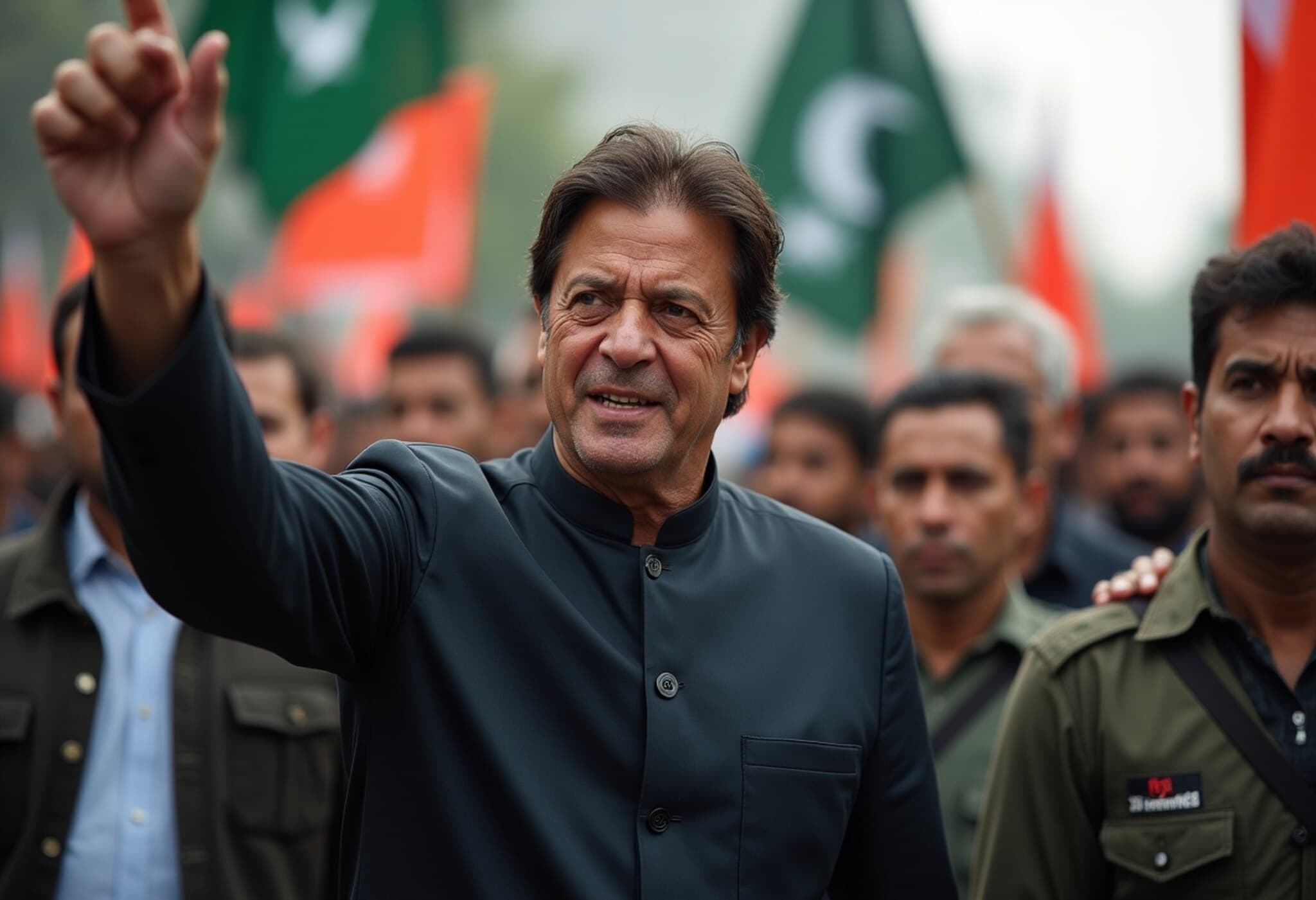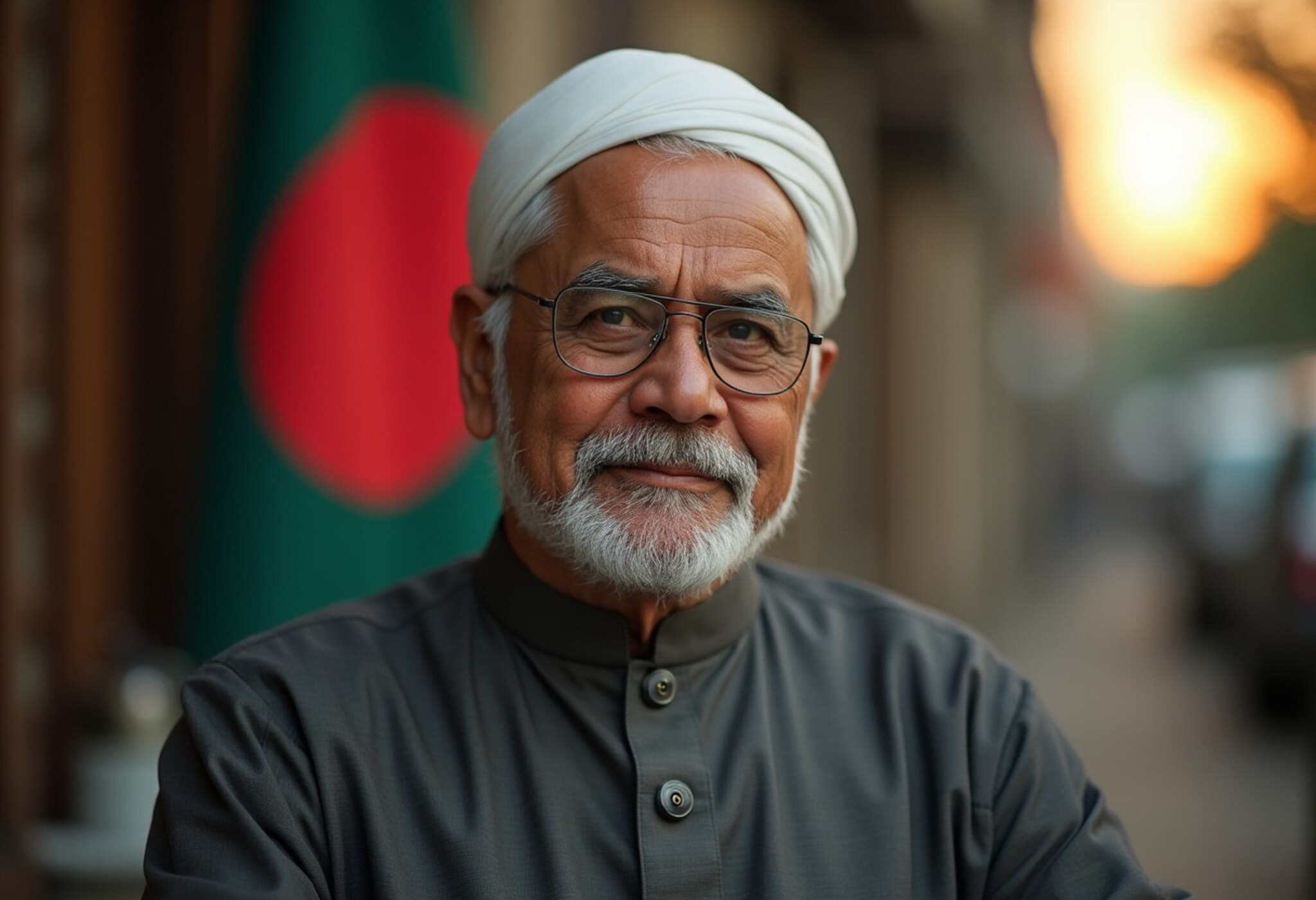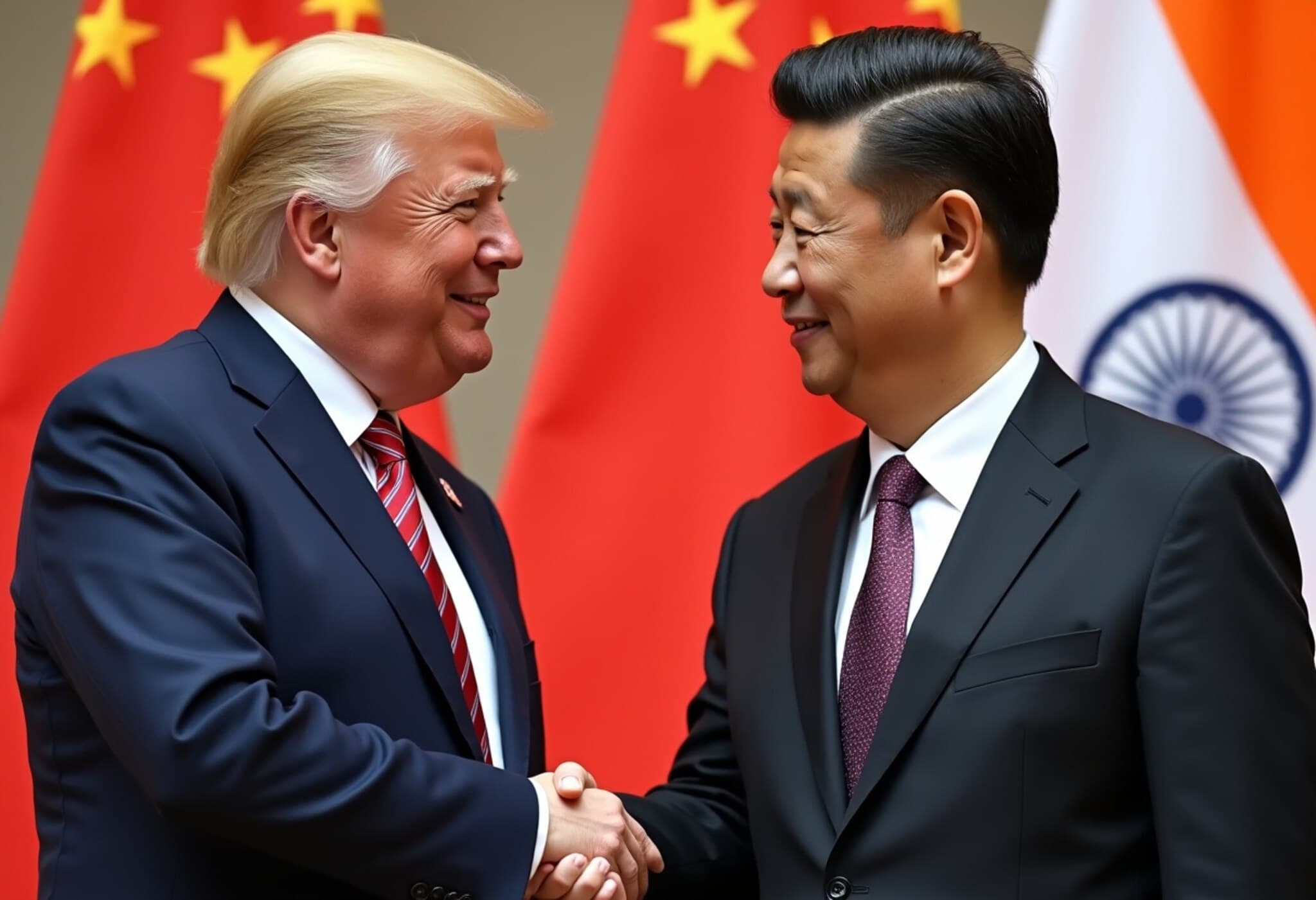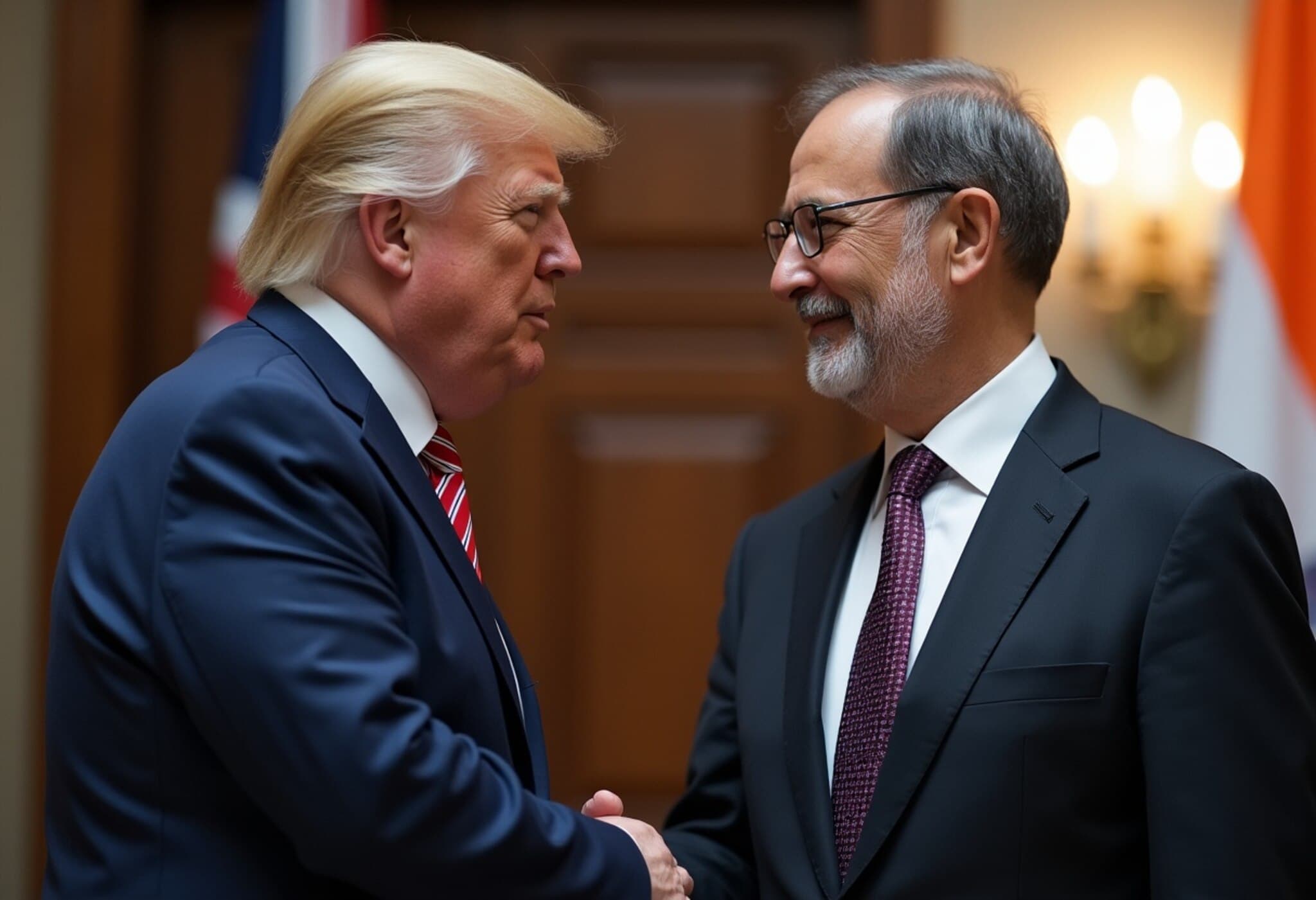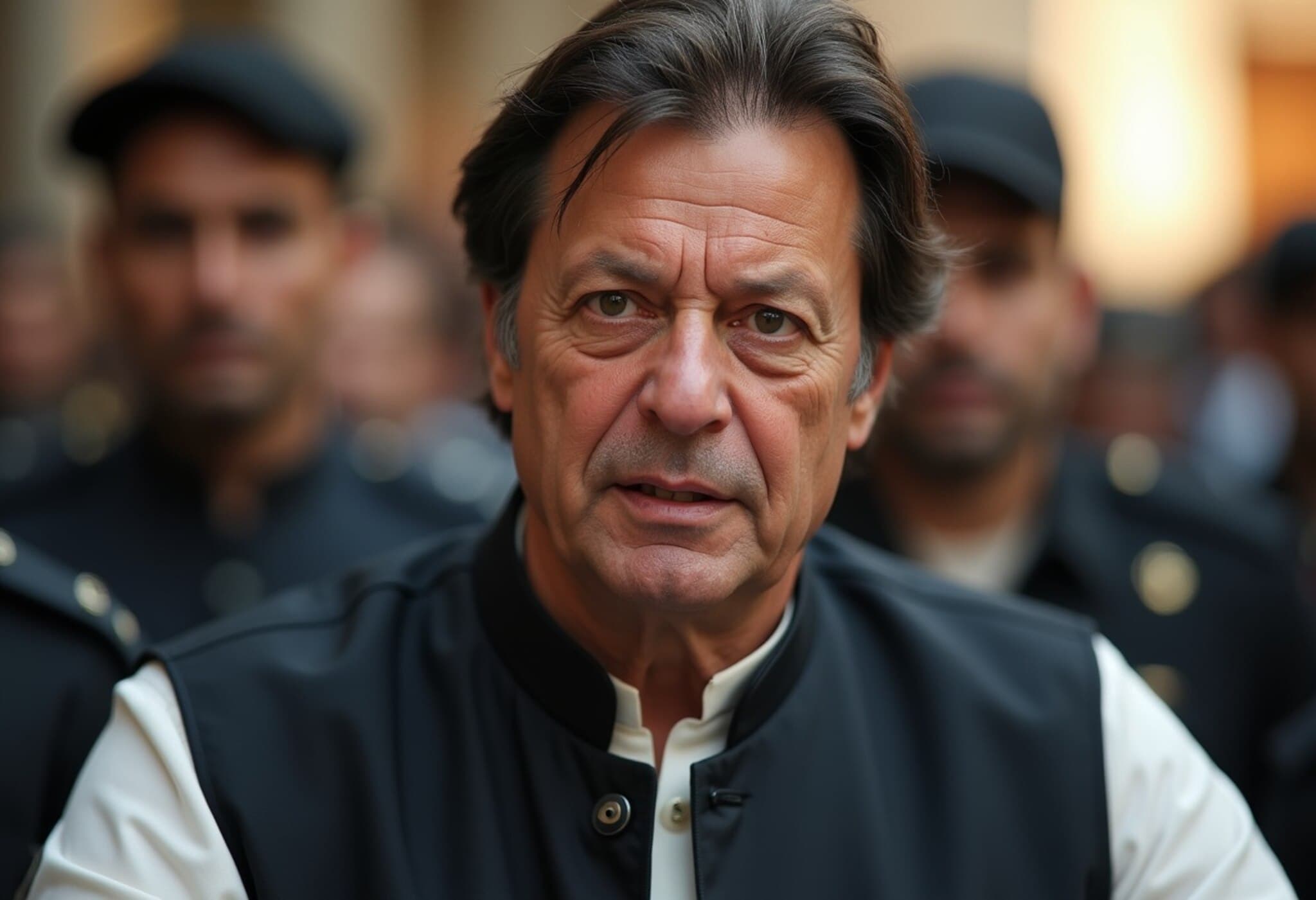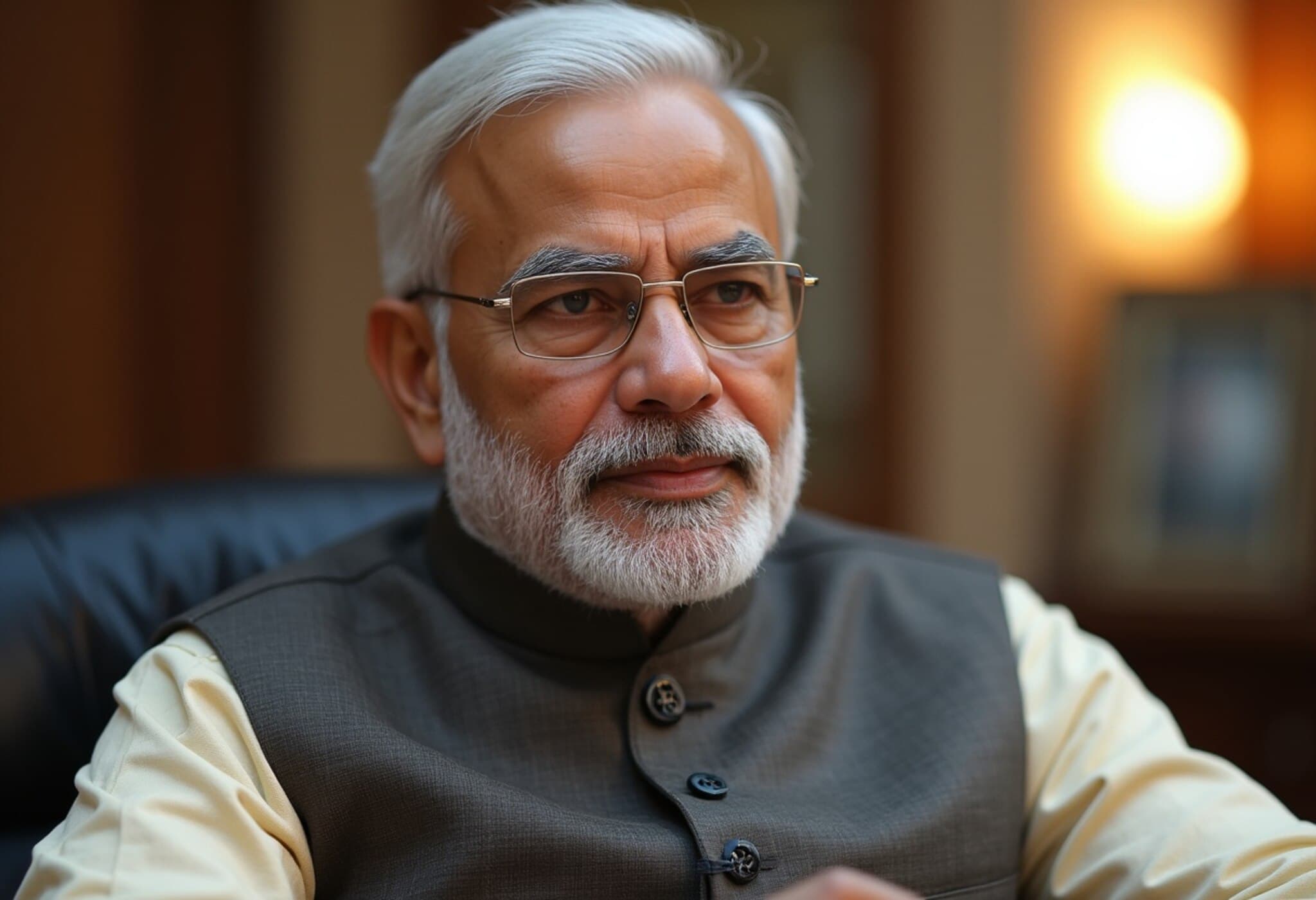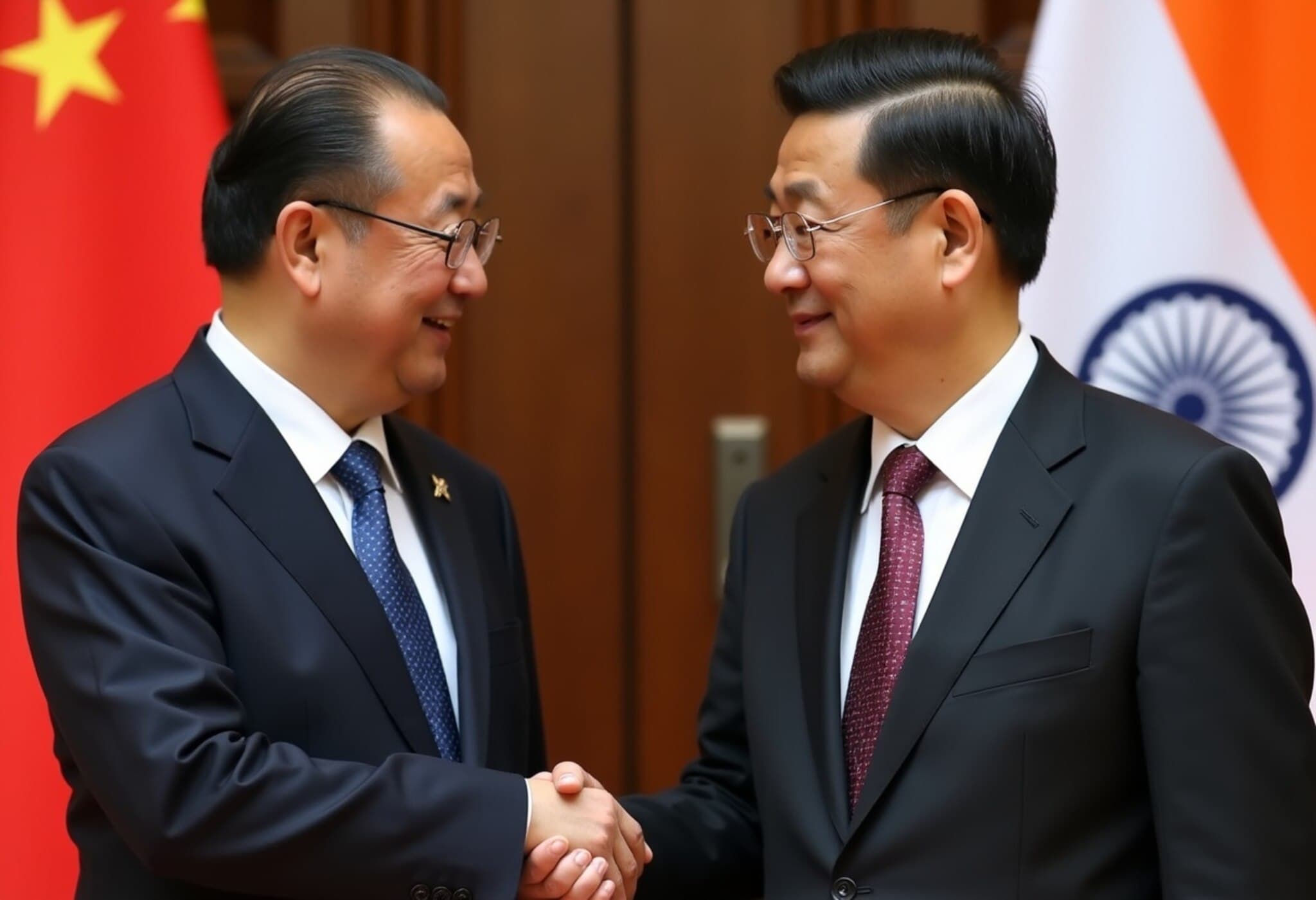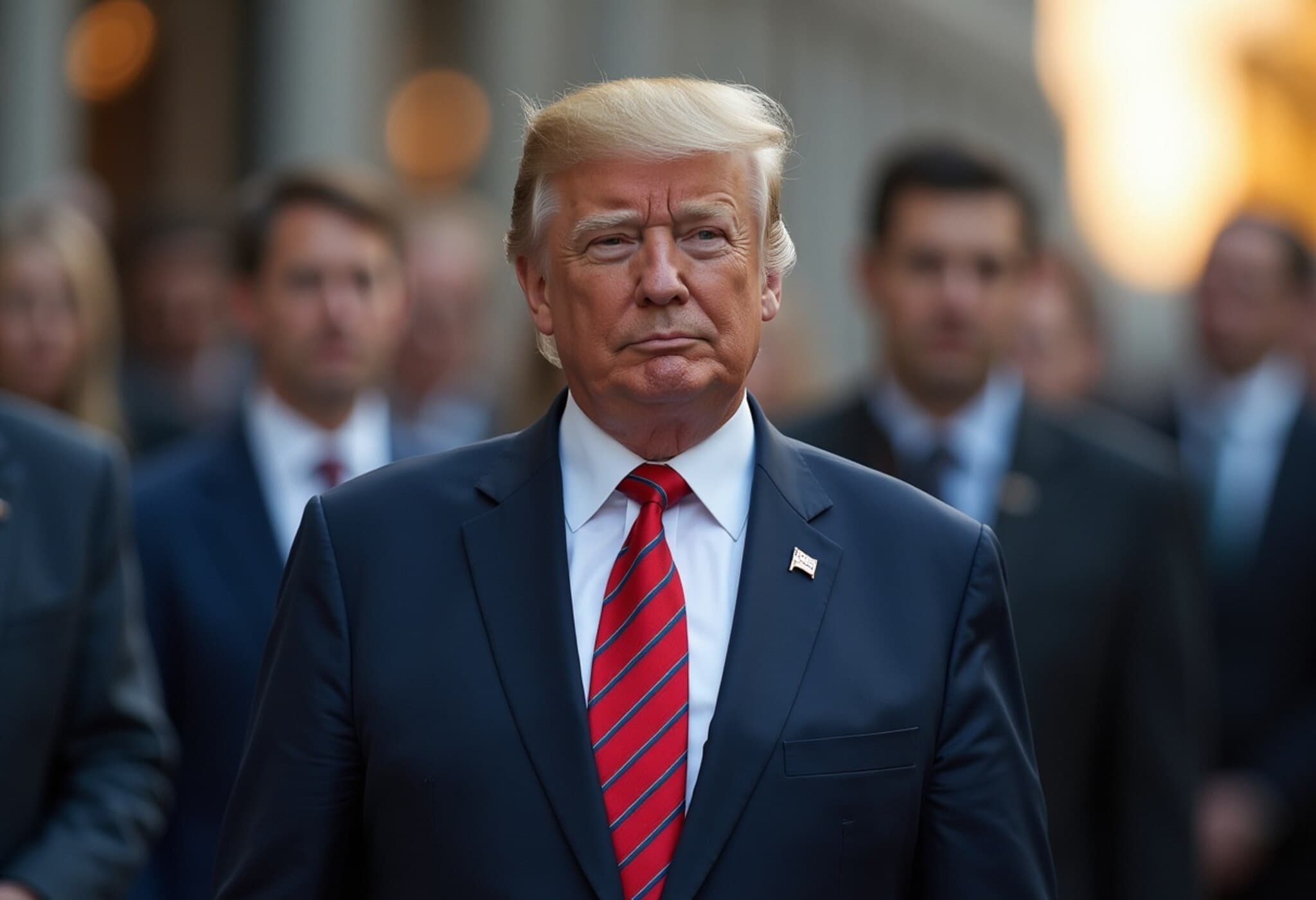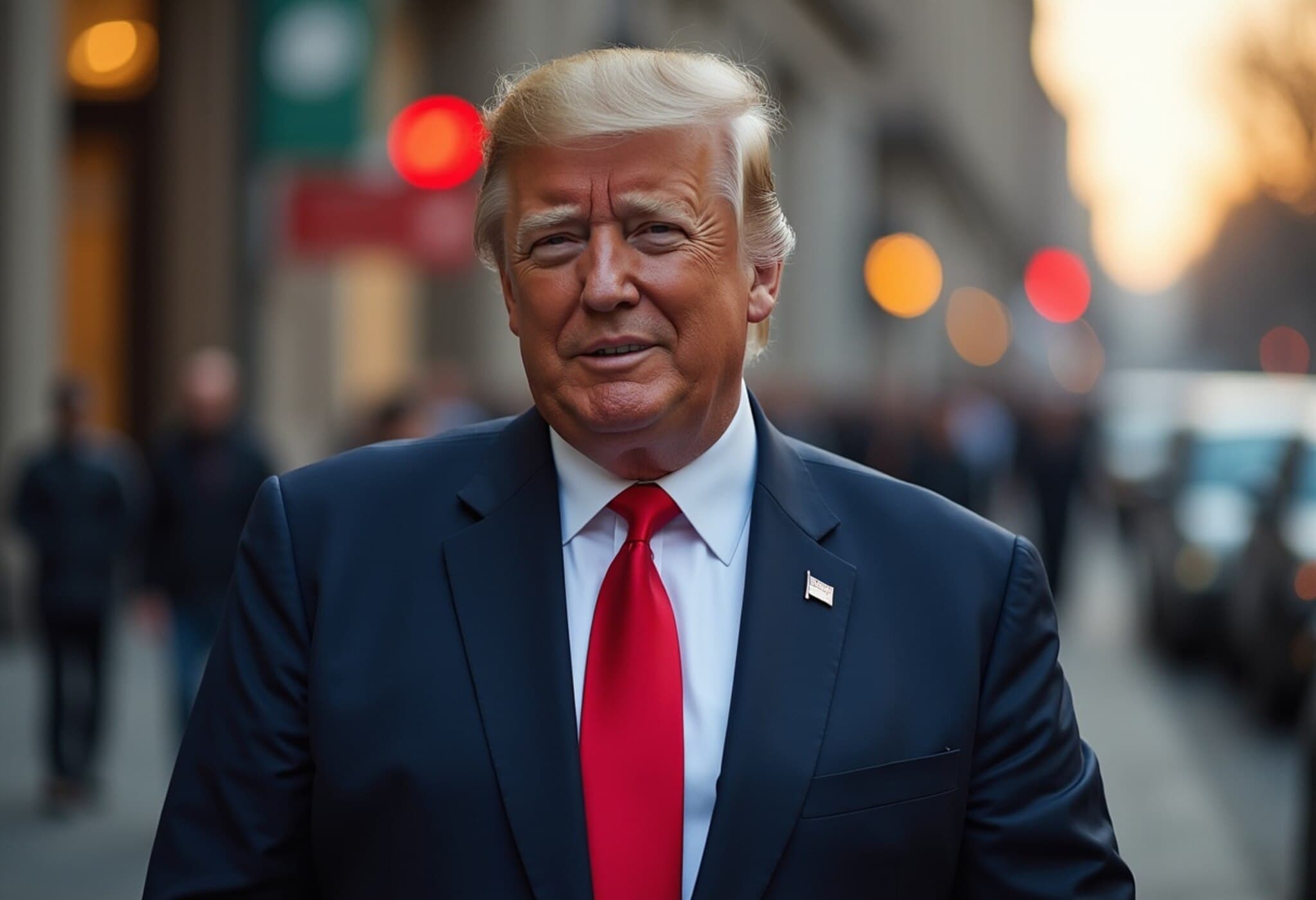Former Pentagon Official Michael Rubin Denounces Pakistan Army Chief’s Provocative Remarks in US
In a recent development that has stirred diplomatic tensions, Michael Rubin, a former Pentagon official and prominent Middle East analyst, issued a scathing critique of Pakistan’s army chief, General Asim Munir. Rubin bluntly dubbed Munir as "Osama bin Laden in a suit" following incendiary comments reportedly made during a meeting on American soil. These remarks, which included nuclear threats and targeted warnings against India, have amplified global concerns about Pakistan’s stability and its stewardship of nuclear arsenals.
Munir’s Statements Spark Alarm Over Nuclear Security and Regional Stability
Reports indicate that General Munir, during a session with U.S. military officials in Tampa, Florida, asserted that if Pakistan were to "go down," it could drag "half the world down" due to its nuclear stockpile. Furthermore, he allegedly threatened India, vowing to destroy Indian dams with missile strikes as a form of retaliation.
Such rhetoric is particularly alarming given the fragile security environment in South Asia and follows India’s suspension of bilateral trade and engagement with Pakistan in April after the Pahalgam terror attack—an incident widely attributed to Pakistan-based groups.
Michael Rubin’s Hardline Stance: Calls for Diplomatic and Strategic Actions
Speaking to ANI, Rubin labeled Pakistan as a "rogue state" whose threatening posture on American territory was intolerable. Urging Washington to act decisively, Rubin proposed:
- Revoking Pakistan’s status as a major non-NATO ally.
- Reevaluating Pakistan’s designation related to state-sponsored terrorism.
- Declaring General Munir persona non grata and enacting a visa ban to bar him from the U.S.
- Exercising swift diplomatic censure, including immediate expulsion on U.S. soil if such threats recur.
These recommendations underscore a growing call among some policy hawks to reconsider U.S.-Pakistan engagement strategies amid regional security concerns.
Contextualizing US-India Relations Amidst Trade and Energy Tensions
Rubin also weighed in on recent strains in U.S.-India relations under former President Donald Trump’s administration, especially regarding trade policies and India’s energy partnerships. He defended India’s assertiveness in protecting its strategic interests, noting:
“India is right to stand up for its rights… Prime Minister Modi's stance will be remembered historically as a moment the U.S. realized it could no longer dictate terms to India.”
Rubin highlighted complexities around U.S. energy imports, pointing out discrepancies in Washington’s rhetoric versus practice—where strategic materials often come from Russia and Iran, complicating its policy stance. He expressed optimism that once short-term tensions ease, Indo-U.S. ties would strengthen further.
Expert Insights: The Threat of Nuclear Proliferation and Rogue Elements
One of Rubin’s most provocative warnings concerned the risks posed by Pakistan’s nuclear weapons potentially falling into the hands of extremist factions or "going rogue." He stressed that many Western perspectives on terrorism overlook the deeper ideological motivations driving such groups. Drawing a stark comparison, he opined:
“Asim Munir is Osama bin Laden in a suit.”
Looking forward, Rubin suggested that international efforts might need to shift towards a “managed decline” of Pakistan’s influence, even contemplating recognition of breakaway regions such as Balochistan as steps toward regional stability. More dramatically, he called for potential military contingencies to secure Pakistan’s nuclear arsenal, emphasizing the severity of the threat.
Broader Implications for South Asian and Global Security
General Munir’s provocative statements and Rubin’s reaction highlight longstanding challenges in U.S.-Pakistan relations and South Asian geopolitics. The precariousness of nuclear weapons security in volatile regions remains a critical concern for global policymakers, raising questions about:
- The effectiveness of current diplomatic engagement with Pakistan.
- The impact of military and economic sanctions on curbing aggressive state behavior.
- Potential scenarios for international intervention to prevent nuclear proliferation.
This episode also underscores the importance of nuanced energy and trade diplomacy, as seen in the U.S.-India dynamic, where mutual interests must be balanced against broader geopolitical pressures.
Conclusion: Navigating a Complex Geopolitical Landscape
As tensions simmer in South Asia, the international community must grapple with not only overt threats but also the deeper structural challenges facing Pakistan, India, and their relations with global powers. Michael Rubin’s impassioned commentary serves as a stark reminder of the stakes involved—from nuclear security to the future trajectory of U.S. alliances in the region.
General Asim Munir’s alarming remarks bring to the forefront an evolving security dilemma—balancing diplomatic engagement against the reality of potential state-sponsored threats. How should the U.S. recalibrate its approach toward Pakistan to ensure both regional stability and the safeguarding of nuclear arsenals? Furthermore, India's assertive stance invites reflection on the future of Indo-American relations amid competing global interests. These questions warrant close observation as developments unfold.



